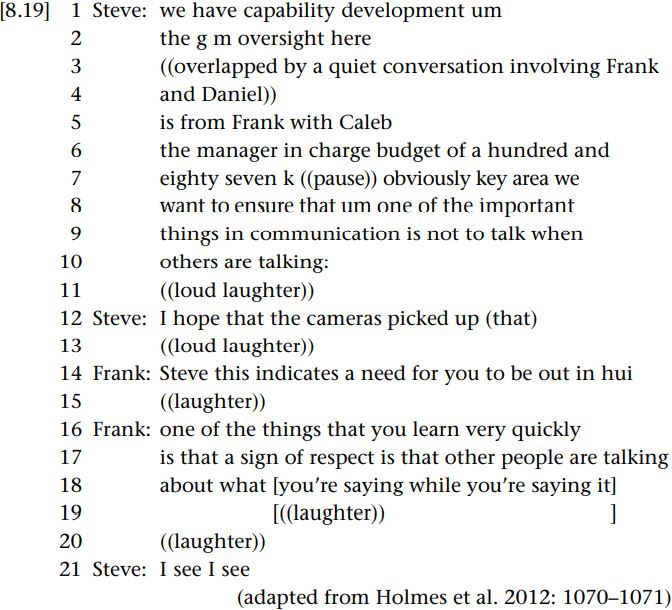

Grammar


Tenses


Present

Present Simple

Present Continuous

Present Perfect

Present Perfect Continuous


Past

Past Simple

Past Continuous

Past Perfect

Past Perfect Continuous


Future

Future Simple

Future Continuous

Future Perfect

Future Perfect Continuous


Parts Of Speech


Nouns

Countable and uncountable nouns

Verbal nouns

Singular and Plural nouns

Proper nouns

Nouns gender

Nouns definition

Concrete nouns

Abstract nouns

Common nouns

Collective nouns

Definition Of Nouns

Animate and Inanimate nouns

Nouns


Verbs

Stative and dynamic verbs

Finite and nonfinite verbs

To be verbs

Transitive and intransitive verbs

Auxiliary verbs

Modal verbs

Regular and irregular verbs

Action verbs

Verbs


Adverbs

Relative adverbs

Interrogative adverbs

Adverbs of time

Adverbs of place

Adverbs of reason

Adverbs of quantity

Adverbs of manner

Adverbs of frequency

Adverbs of affirmation

Adverbs


Adjectives

Quantitative adjective

Proper adjective

Possessive adjective

Numeral adjective

Interrogative adjective

Distributive adjective

Descriptive adjective

Demonstrative adjective


Pronouns

Subject pronoun

Relative pronoun

Reflexive pronoun

Reciprocal pronoun

Possessive pronoun

Personal pronoun

Interrogative pronoun

Indefinite pronoun

Emphatic pronoun

Distributive pronoun

Demonstrative pronoun

Pronouns


Pre Position


Preposition by function

Time preposition

Reason preposition

Possession preposition

Place preposition

Phrases preposition

Origin preposition

Measure preposition

Direction preposition

Contrast preposition

Agent preposition


Preposition by construction

Simple preposition

Phrase preposition

Double preposition

Compound preposition

prepositions


Conjunctions

Subordinating conjunction

Correlative conjunction

Coordinating conjunction

Conjunctive adverbs

conjunctions


Interjections

Express calling interjection

Phrases

Sentences


Grammar Rules

Passive and Active

Preference

Requests and offers

wishes

Be used to

Some and any

Could have done

Describing people

Giving advices

Possession

Comparative and superlative

Giving Reason

Making Suggestions

Apologizing

Forming questions

Since and for

Directions

Obligation

Adverbials

invitation

Articles

Imaginary condition

Zero conditional

First conditional

Second conditional

Third conditional

Reported speech

Demonstratives

Determiners


Linguistics

Phonetics

Phonology

Linguistics fields

Syntax

Morphology

Semantics

pragmatics

History

Writing

Grammar

Phonetics and Phonology

Semiotics


Reading Comprehension

Elementary

Intermediate

Advanced


Teaching Methods

Teaching Strategies

Assessment
Reflection: Inter-ethnic metapragmatic discourse in New Zealand English
المؤلف:
Jonathan Culpeper and Michael Haugh
المصدر:
Pragmatics and the English Language
الجزء والصفحة:
262-8
31-5-2022
1307
Reflection: Inter-ethnic metapragmatic discourse in New Zealand English
Metapragmatic commentary may, in some cases, be directed not only at pragmatic meanings or acts, but also at the norms that are assumed to underlie them. In an extensive program of research about discourse in New Zealand workplaces, the Language in the Workplace project has uncovered ethnic variation amongst speakers of New Zealand English. Holmes et al. (2012) report on the explicit negotiation of politeness norms between European (termed Pākehā) and Māori ethnolects of New Zealand English. The former has traditionally been considered dominant or mainstream, but in workplaces where Maori predominate, such assumptions can be challenged. In the following excerpt, we can observe a clash between Pākehā and Māori interactional norms that surfaces in the form of metapragmatic commentary. The exchange occurs in one of the regular meetings of Kiwi Consultations, where only three out of the sixteen participants are Pākehā:

Holmes, Marra and Vine claim that while Steve asserts a (Pākehā New Zealand English) interactional norm, namely, that one should not speak while others are speaking (lines 8–10), this is treated as an inappropriate assertion by Frank, another Pākehā. Frank implies in line 14 that Steve is not sufficiently acquainted with Māori New Zealand English ways of speaking by suggesting that he needs to attend more hui (i.e. traditional Māori meetings). By doing so it is suggested that Steve would gain an appreciation of the Māori English interpretive norm that a sign of respect is that other people are talking about what you’re saying while you’re saying it (lines 17–18). By asserting a Māori interactional norm, Frank reframes Steve’s metapragmatic comment as inappropriate for that workplace because it involves the assertion of a Pākehā interactional norm. Speaking English thus inevitably raises questions about just whose norms are assumed to be at play. Such issues can be approached at various orders of indexicality, including through the lens of ethnic varieties of English.
 الاكثر قراءة في pragmatics
الاكثر قراءة في pragmatics
 اخر الاخبار
اخر الاخبار
اخبار العتبة العباسية المقدسة

الآخبار الصحية















 قسم الشؤون الفكرية يصدر كتاباً يوثق تاريخ السدانة في العتبة العباسية المقدسة
قسم الشؤون الفكرية يصدر كتاباً يوثق تاريخ السدانة في العتبة العباسية المقدسة "المهمة".. إصدار قصصي يوثّق القصص الفائزة في مسابقة فتوى الدفاع المقدسة للقصة القصيرة
"المهمة".. إصدار قصصي يوثّق القصص الفائزة في مسابقة فتوى الدفاع المقدسة للقصة القصيرة (نوافذ).. إصدار أدبي يوثق القصص الفائزة في مسابقة الإمام العسكري (عليه السلام)
(نوافذ).. إصدار أدبي يوثق القصص الفائزة في مسابقة الإمام العسكري (عليه السلام)


















